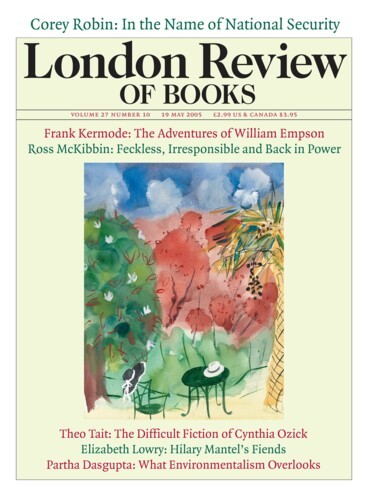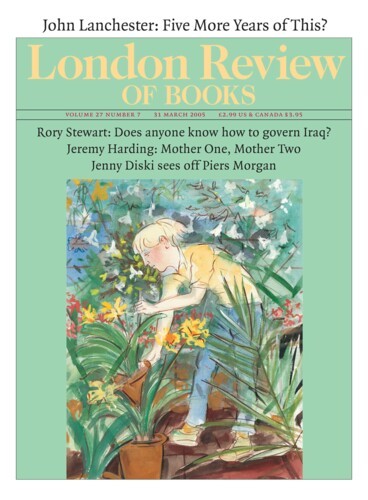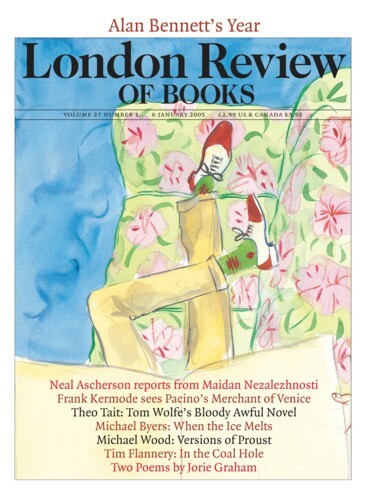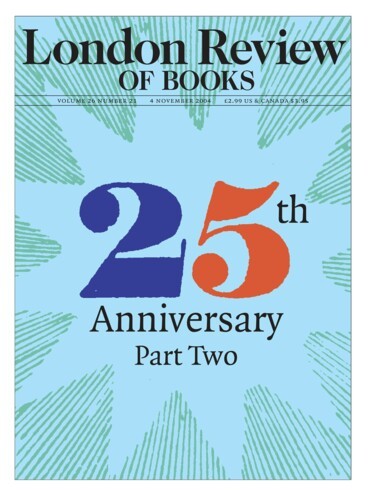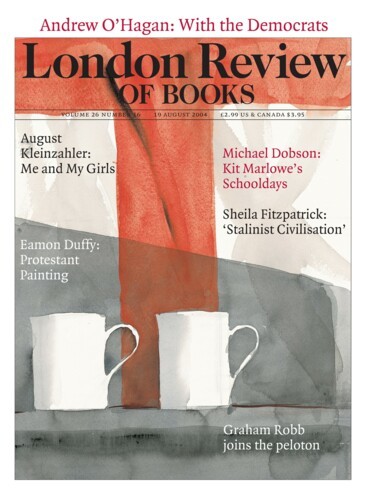“Behind all these things – status, virginity, animality, muscles – is the controlling Wolfe obsession: homomania. He is, as he says of one of his characters, ‘crazed on the subject of manliness’. Wherever he looks, he sees the struggle for dominance, the tournament, men butting like stags. It’s not just that all human endeavour comes down to this: there is really nothing else, whether on the basketball field or in the classroom or at a family picnic. Women are either willing notches on the bedpost, or else aping the male thing in a confused way. We are all of us forever acting out our machismo, like rappers or wrestlers before the fight, narcissistically preoccupied with an almost abstract display of prowess. Even weedy Adam, in the gym, glances at this own muscles in the mirror: ‘He was enjoying that temporary high the male feels when his muscles, no matter what size they may be, are gorged with blood. He feels ... more of a man.’ This is it: the endless struggle for tumescence.”
Tom Wolfe is, in many ways, an outrageous figure – with his white suit and cane, his glib social analyses, and his delusions of grandeur. For three decades he has been saying that his ...
